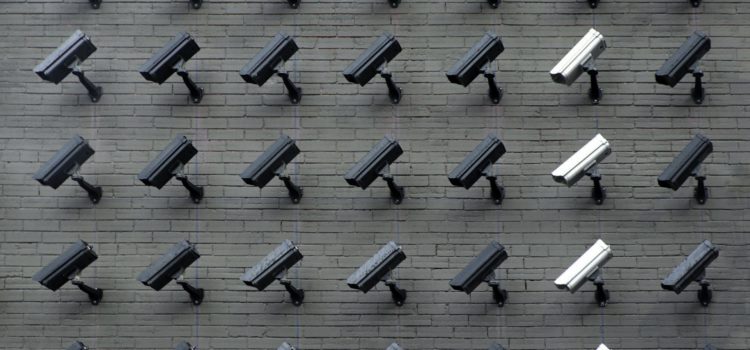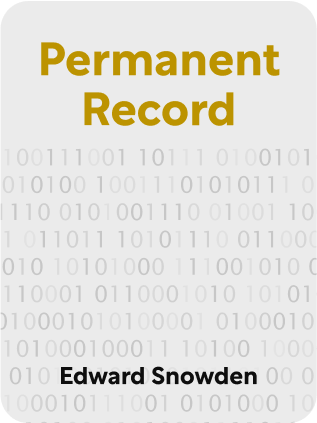

This article is an excerpt from the Shortform summary of "Permanent Record" by Edward Snowden. Shortform has the world's best summaries of books you should be reading.
Like this article? Sign up for a free trial here .
What is the 4th Amendment of the US Constitution? What is the relationship between the NSA and the 4th Amendment? How is the Constitutional language interpreted to apply to mass surveillance?
The 4th Amendment of the Constitution protects you from the government searching or taking your stuff without permission. Data and digital information is less clearly protected and Fourth Amendment surveillance rules are still evolving.
Read more about the NSA and the 4th Amendment, including how the intelligence agency interprets Fourth Amendment surveillance protections.
What Is the 4th Amendment?
The Fourth Amendment protects “the right of the people to be secure in their persons, houses, papers and effects.” Computers didn’t exist at the time of the writing, but the 4th Amendment definition is, simply put, that if law enforcement wants to search you, your home, or your stuff, they need to prove there’s a good reason to do so. Additionally, the reason must be specific—law enforcement thinks you’ve committed a specific crime. The warrant will specify the scope of the search and how long anyone has permission to search.
NSA Fourth Amendment Interpretation
The NSA had to carefully interpret the 4th Amendment definition to justify mass surveillance. According to the NSA, modern technology couldn’t count as “papers” or “effects,” and data couldn’t be considered personal property. For example, since you made a phone call, you’d already “shared” data with your phone company, so you no longer had any right to privacy.
NSA Fourth Amendment Interpretation: Failure of Checks and Balances
The founders who wrote the Constitution saw the potential for abuses of power. The founders tried to mitigate abuses by dividing power into three government branches with equal powers. However, all three branches failed when it came to privacy and mass surveillance:
- The legislative branch is the two houses of Congress. Congress didn’t stay informed about the capabilities and actions of the intelligence community, or if they did know, couldn’t or wouldn’t do anything about it.
- For example, in 2013, the director of National Intelligence said under oath that the NSA didn’t mass surveil US citizens. Some of the congresspeople knew that wasn’t true but didn’t speak up.
- The judicial branch in the case of intelligence is the Foreign Intelligence Surveillance Court. Its job is to grant warrants for collecting foreign intelligence. Before 9/11, the warrants were specific and individual; after, they were more general and could approve mass surveillance programs like upstream collection.
- The executive branch is the president, and this is where all the problems started. Bush told the NSA to start mass surveillance after 9/11.

———End of Preview———
Like what you just read? Read the rest of the world's best summary of Edward Snowden's "Permanent Record" at Shortform .
Here's what you'll find in our full Permanent Record summary :
- What Ed Snowden discovered that caused him to completely lose faith in the government
- How Snowden led the bombshell reports of US mass surveillance
- How Snowden is coping with his treatment as both patriot and traitor






